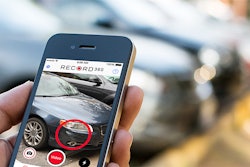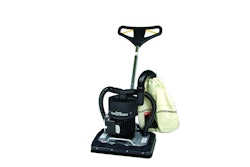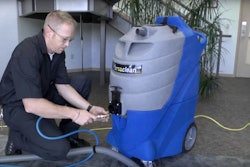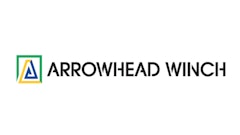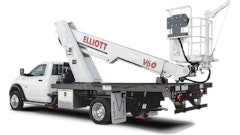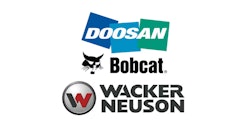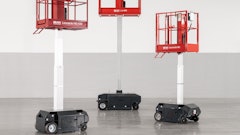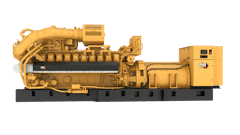
Some rental business owners are so laser-focused on growing the top line that not enough effort is devoted to reducing certain expenses and extending the life of the fleet. If you're like most business owners, you're in for the long run, not just the next year or two. So, it's very important to concentrate some of your effort on ways to reduce repair expenses and to retain the value of the company’s capital assets.
Many rental companies do not do an adequate job of documenting the condition of their equipment before and after a customer rents it. Better equipment condition reporting has a number of benefits:
- You're in a much better position to charge appropriately for damage instead of consistently absorbing the costs.
- When documentation is done correctly, customers feel more confident you won't “nickel and dime” them for existing superficial blemishes they didn't cause.
- Correct documentation procedures demonstrate to customers that you care about the condition of the equipment when it is sent out and returned.
- It increases the likelihood of employees taking care to send out equipment in tip-top shape.
- It decreases the odds of customers receiving a faulty piece of equipment.
- It can significantly reduce the number of customers who claim “that’s the way I got it.”
- It can reduce the chance for disputes and increase collections from damaged equipment.
Consider the use of photos or videos in your equipment condition reporting system. One component can be as low tech as an image or video taken with a smartphone or tablet when the piece of equipment is rented to the customer and when it's returned to the store. This method would also work when items are delivered to a jobsite.
There are new bolt-on software programs that help document damage before and after rentals. But even a more refined use of traditional “ready to rent” systems can have a positive effect on documenting condition. In general, the more digital the documentation is going forward, the better the likelihood for maximum benefit.
The proper system can help your customers view your company as more sophisticated. That being said, be certain that better documentation is done in a way that is not offensive to customers. Decide how lenient your company wants to be when damage occurs. There will always be judgement calls to be made when customers damage equipment, but it's wise to have some solid guidelines for those who will be making the ultimate decisions.
If you are using a “damage waiver," be certain that your program is well thought out and implemented and provides customers and your company with the proper amount of benefit. It's so important that your employees are well trained in the correct daily implementation of this program. I'm frequently asked to assist in training a company’s staff so they become very comfortable with what it is and how it works. This training helps the company derive the maximum benefit.
Also, remember to train employees in giving quality instructions to customers so damage to equipment through improper use can be reduced.
As all of you know, sometimes it's these seemingly small strategies or procedures that can produce huge returns. Having a more highly structured method of documenting the condition of your rental equipment is just one example. As with any new method of doing things, don’t take the plunge without adequate professional advice and planning.
Again, far too many equipment rental business owners are working too hard for the relatively meager amount left over after expenses. Your employees should be reminded that your company success is not just about how much money your company takes in but also what is left after all of the expenses are paid.
![Photo Of Dick Detmer 60999537d4064[1] Headshot](https://img.forconstructionpros.com/files/base/acbm/fcp/image/2024/03/Photo_of_Dick_Detmer.60999537d4064_1_.65e72fd913082.png?auto=format%2Ccompress&crop=faces&fit=crop&h=48&q=70&rect=0%2C420%2C2336%2C2336&w=48)



